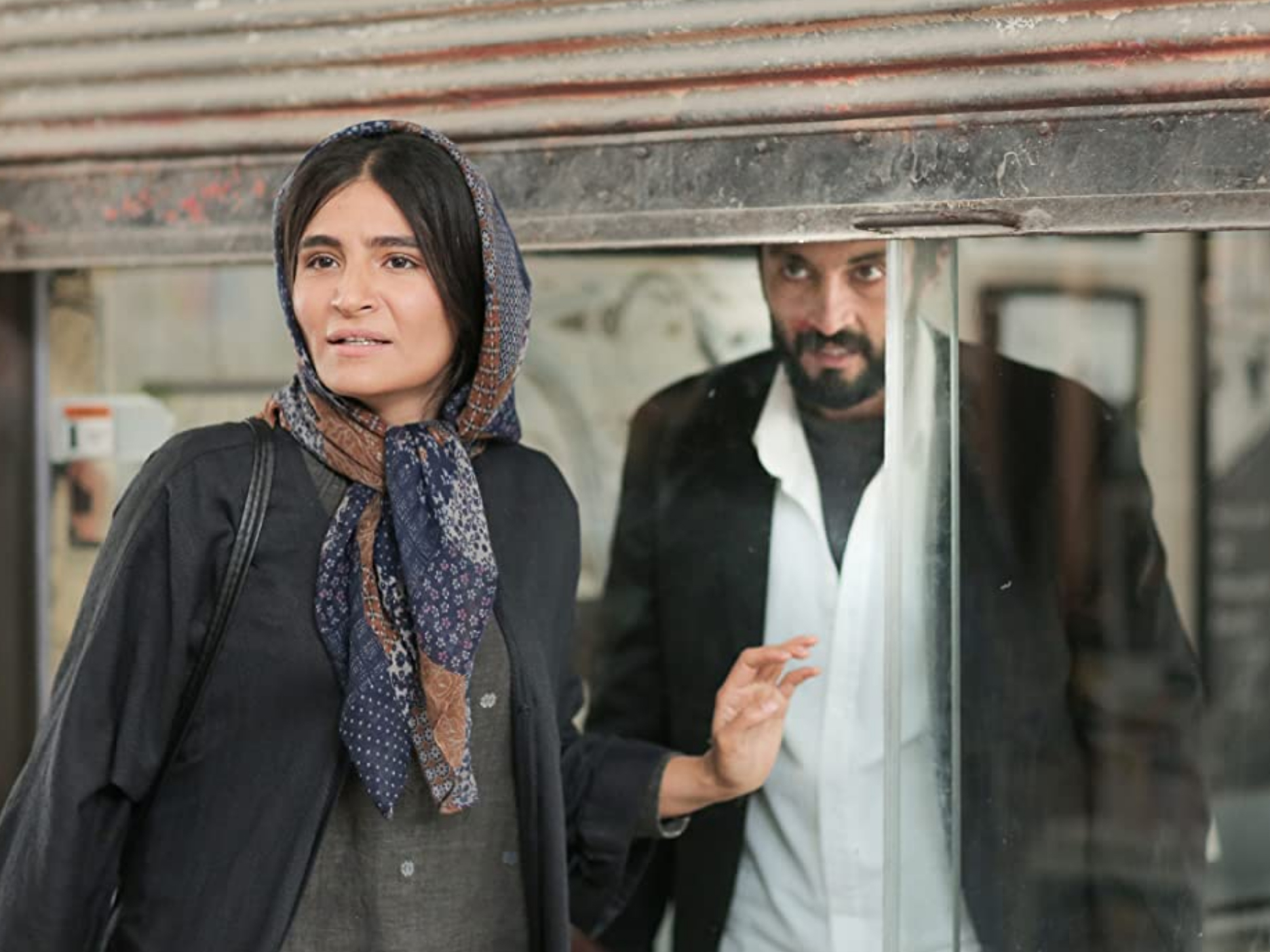
- Golden Globe Awards
A Hero (Iran)
Asghar Farhadi’s Iranian Tale of Cancel Culture
Asghar Farhadi, who is 49, is arguably the most influential Iranian director of the past two decades. His previous two films, 2011s A Separation and 2016s The Salesman, have both won the Oscar for Best Foreign Language Film. A Separation also earned the Golden Globe Award for Best Foreign Film and was nominated for an Oscar for Best Original Screenplay.
A Hero, his new Iran-set drama and ninth feature, had its North American premiere at the Telluride Film Festival over Labor Day weekend after having won the Grand Prix at the prestigious Cannes Festival in July.
The film, a critique of the phenomenon of social media-appointed saints and villains, will be shown theatrically by Amazon on January 5, and then will stream two weeks later.
The story follows Rahim (Ahmir Jahidi), a divorced father imprisoned for debt, whose decision to return a lost handbag full of gold coins earns good publicity for the prison in which he is incarcerated, turning his deed into a “feel-good” news story.
But Rahim’s backstory is more complex than that of just a “good guy” narrative on social media, an idea Farhadi decided to explore after noticing the rise and fall of everyday heroes in the news.
“We don’t let people do wrong anymore,” Farhadi said during a conversation in Cannes. “What was interesting to me is that some ordinary people would do some humanitarian thing at some moment in their life, and people wanted that person to be that humanitarian guy all the time. They’re denied their past or their future. I’m not saying that people should do wrong things, but in order to be human, every person has to do something wrong.”
Though Farhadi’s movie is rooted in the specific culture and city of Shiraz, the issues that A Hero depicts are universal. “What they call cancel culture – when somebody goes up and then people are trying to bring him back down – this is something that happens everywhere in the world,” Farhadi says.
When Farhadi was last nominated, he declined to attend the Oscar ceremony in protest of the just-passed Trump travel ban, which prohibited most visitors from Muslim countries, including Iran, from coming to the U.S. “Everything happened very fast,” Farhadi said of the ban, which Trump established in January of 2017, about four weeks before the Oscars. President Joe Biden revoked the ban on the day after his inauguration in January of this year.
A socially aware filmmaker, Farhadi has devoted his attention to contemporary Iranian society, focusing on the inevitable tensions, strains, and complications that arise due to sharp social stratification along social class, gender, and different religions.

